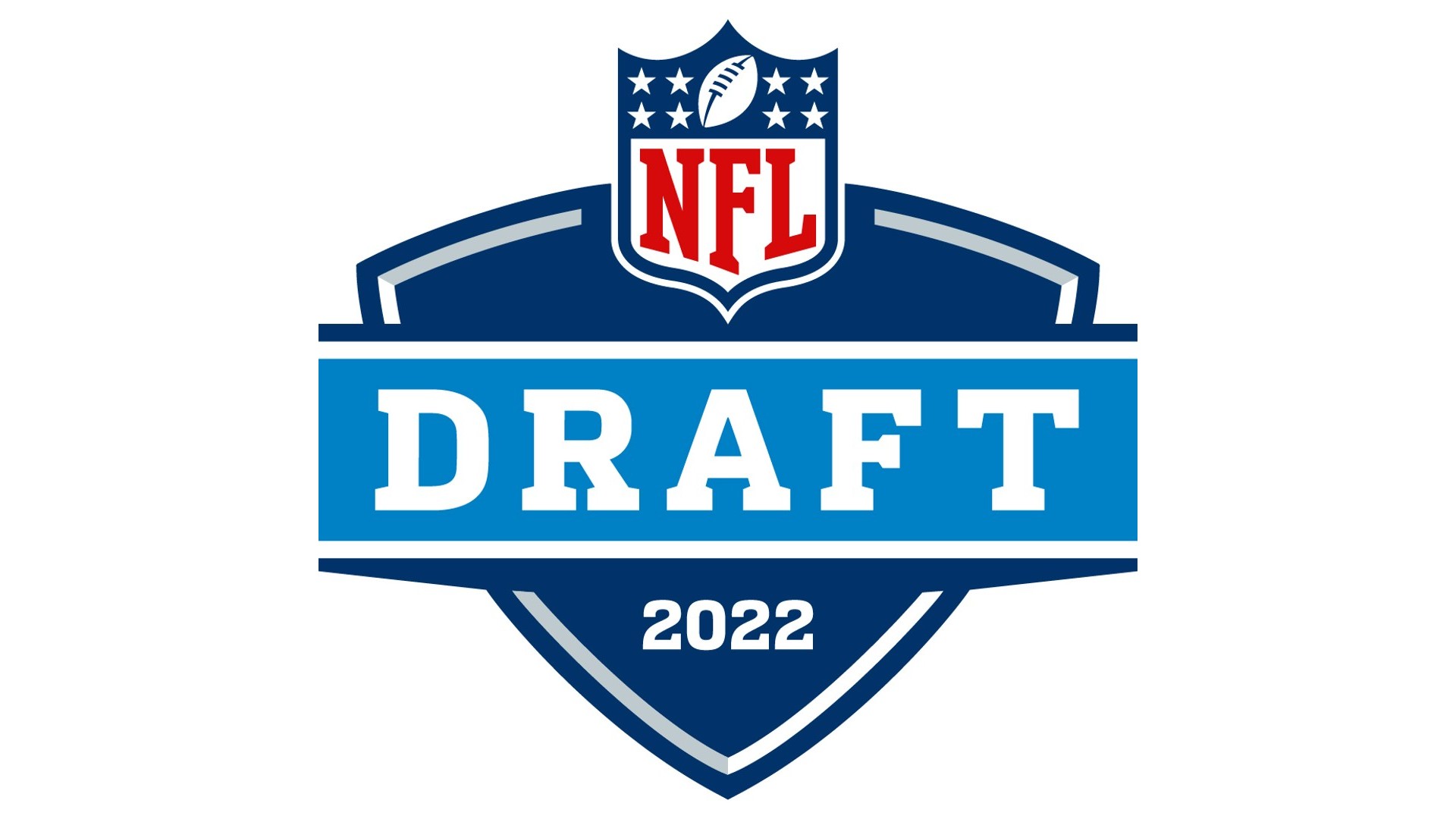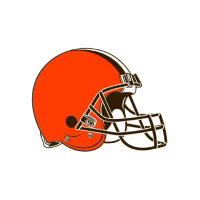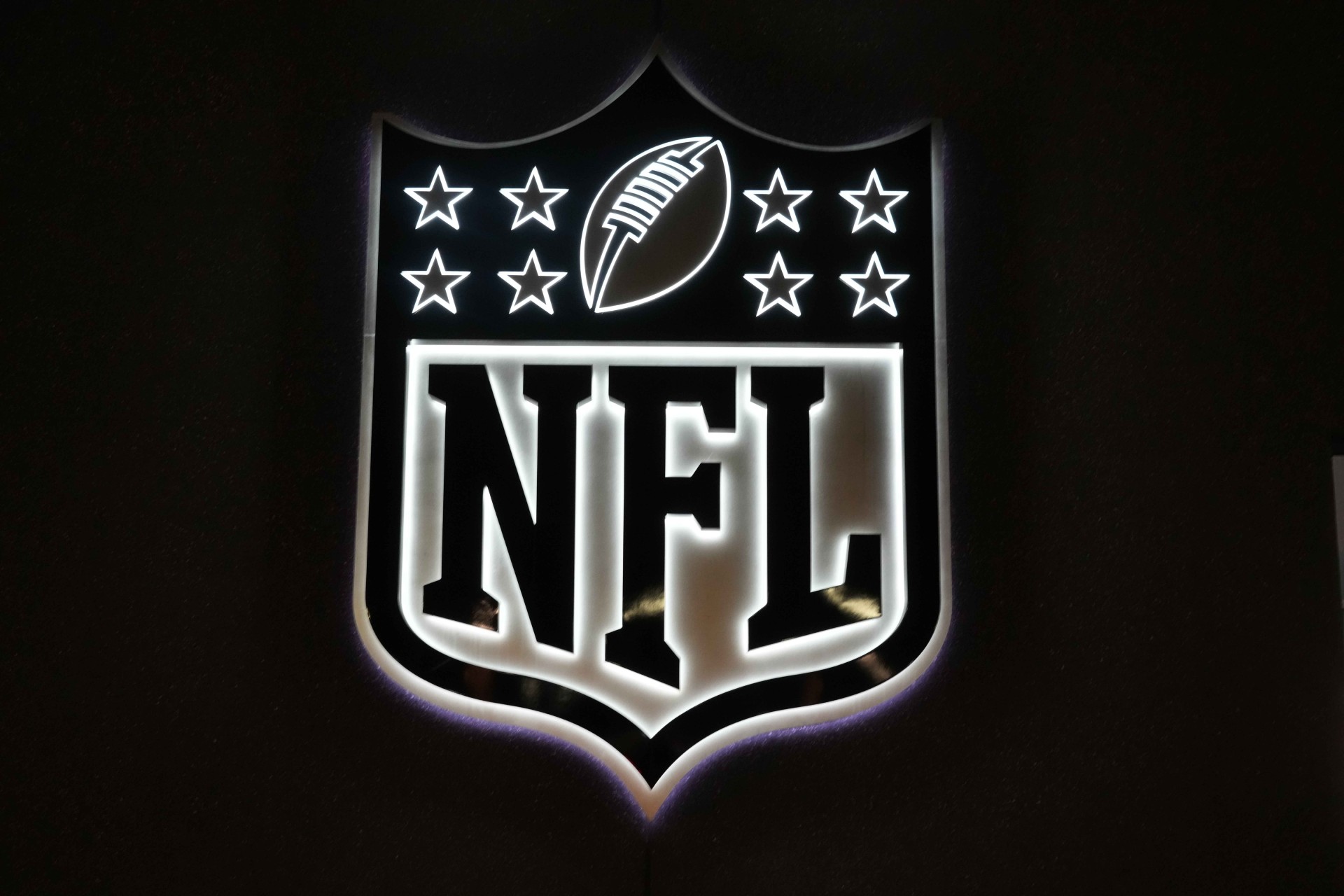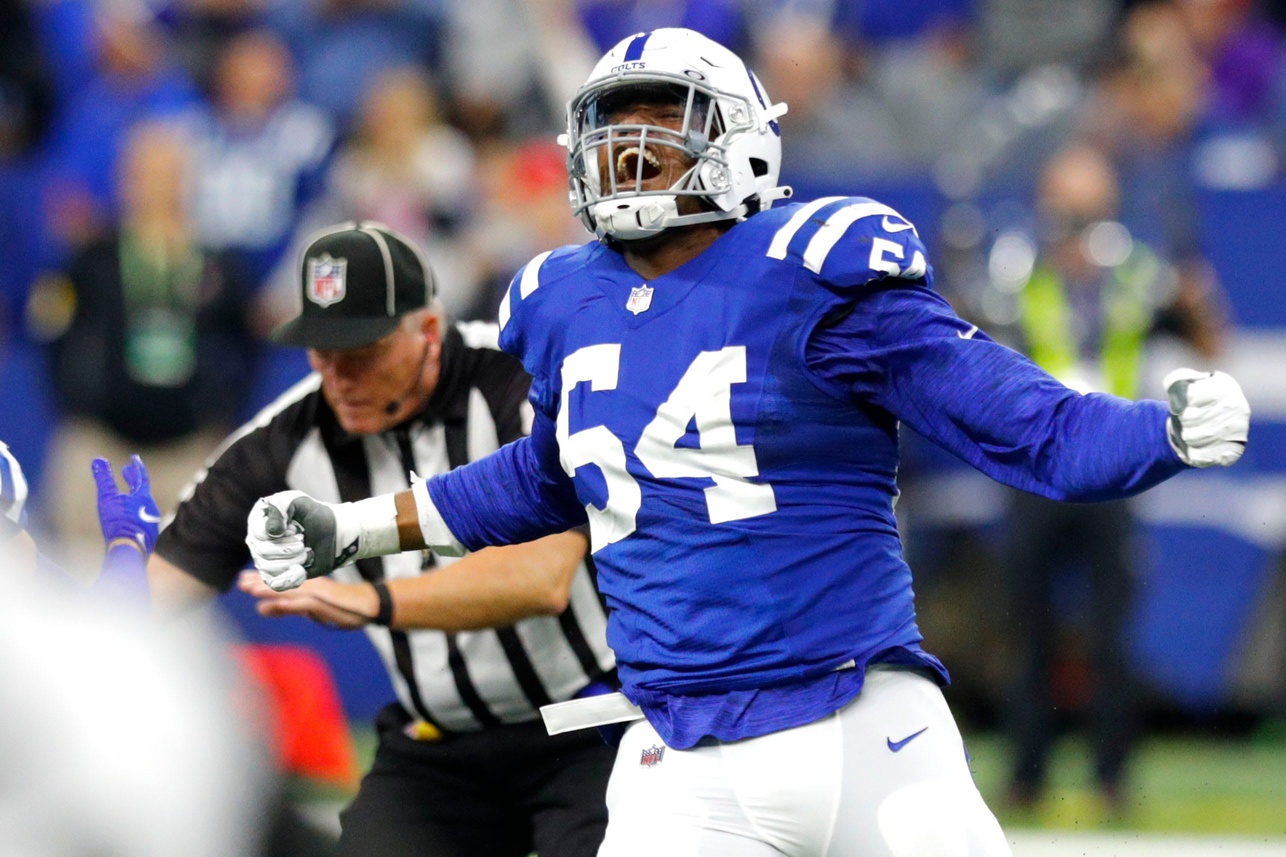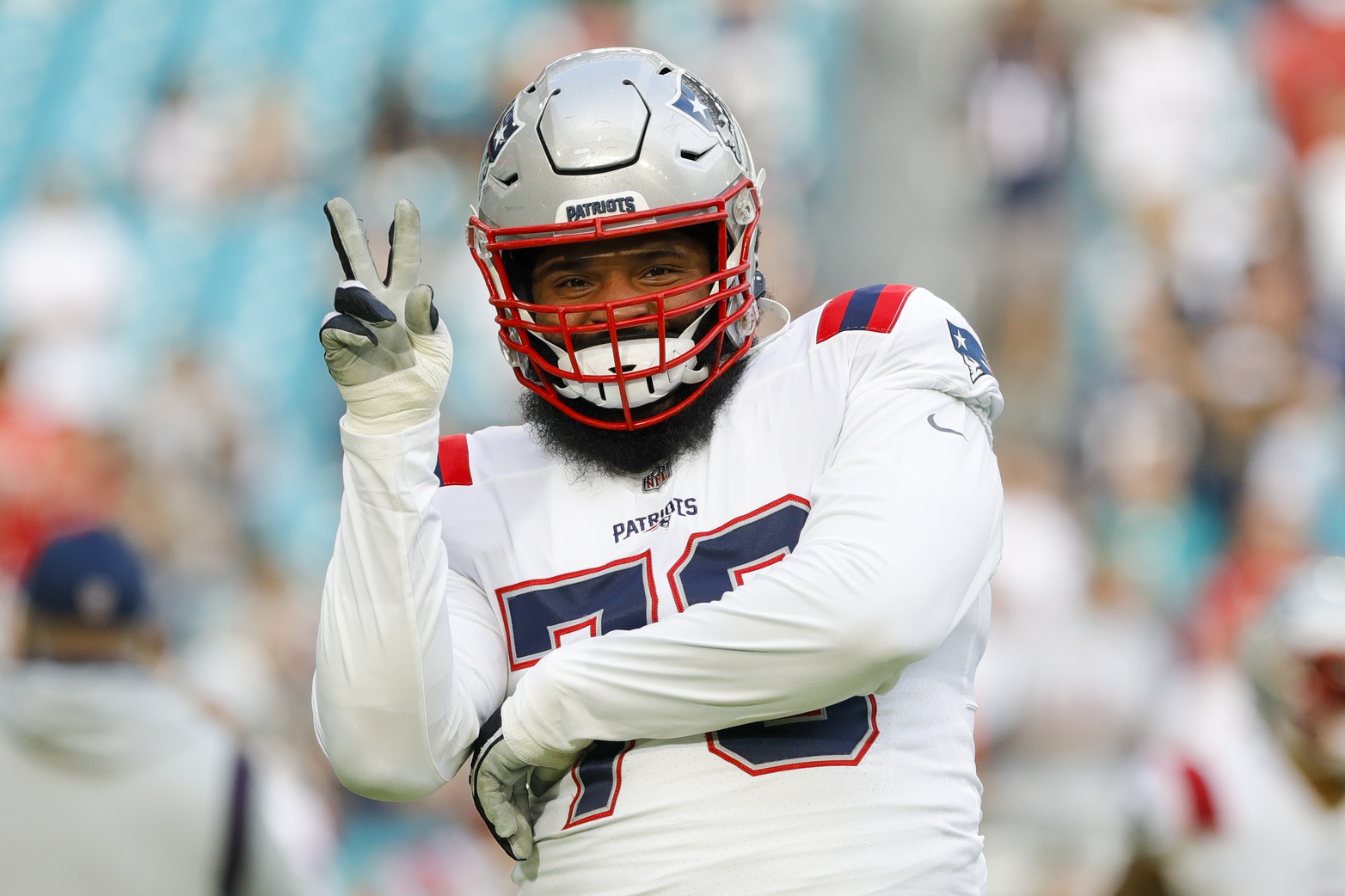Sunday's divisional round showdown between the Buffalo Bills and Kansas City Chiefs at Arrowhead Stadium was an instant classic. Fans were treated to a spectacle that featured two of the greatest quarterbacks performing at the highest level imaginable while attempting to propel their teams to the AFC Championship Game.
In a rare instance where a hyped-up game actually lived up to its billing, Josh Allen and Patrick Mahomes astoundingly combined for 78 points, 707 passing yards, seven passing touchdowns, 137 rushing yards, and one rushing score while completing 74.1% of their passing attempts. The contest featured 28 fourth-quarter points, 25 of which were inexplicably scored in the final two minutes and sent the game to overtime. The Chiefs ultimately won the coin toss, immediately marched down the field, and reigned victorious on a Mahomes-to-Travis-Kelce touchdown. The Chiefs will host the Cincinnati Bengals next weekend for a spot in Super Bowl LVI.
Despite the game going down as one for the ages, the league's archaic overtime rules are once again dominating the conversation. As mentioned above, the Chiefs won the coin toss and the Bills never received an opportunity to touch the football offensively in overtime. An entertaining contest was robbed of continuing the epic battle between Mahomes and Allen due to outdated rules. It qualified as a rather unfortunate conclusion.
With this in mind, we've conjured up three metaphorical changes to the league's current overtime format.
NON-RECEIVING TEAM GETS A CHANCE
Our first solution is the most straightforward scenario that everybody would like to witness come to fruition. Should the team that won the coin toss score a touchdown on their first possession as the Chiefs did on Sunday, the non-receiving team is granted an opportunity to possess the football and level up the match by scoring a touchdown of their own. From there, the next score (touchdown or field goal) wins the contest. It represents what everyone wanted to see on Sunday following Mahomes' overtime touchdown. Allen absolutely deserved an opportunity to march his Bills down the field in similar fashion, but the archaic rules unfortunately prevented such a scenario from playing out. Discussions will be held this offseason regarding a potential change to the current rules in place, and this solution qualifies as the obvious and correct choice.CHANGE HOW POSSESSION IS GRANTED
While the majority of disappointed fans are largely focusing on the manner of possession, how about changing the manner in which possession is awarded to begin with? A 50-50 flip of the coin literally determines the first possession currently, a scenario that involves no football-related skills whatsoever. Changing the manner in which possession is awarded is a path worth traveling down. Let’s award both offenses with an opportunity to convert a fourth-and-10 from their own 20-yard line. Should the first offense convert, the second offense receives an opportunity to match the result. From there, the first team to fail to convert must concede possession to the other team and the current scoring rules remain in place. A touchdown on the first possession ends the game. It's a wild scenario that may be somewhat difficult to envision as of now, but it actually involves playing football and earning possession, as opposed to relying on a heads or tails flip of a coin.ABOLISH FIELDS, ALTERNATE POSSESSIONS ON TDS
Let's get wild! Witnessing an intense overtime contest reach its conclusion on a made field goal is almost as infuriating as the current and outdated rules. Abolishing field goal attempts in OT would lead to a more entertaining product by demanding that a contest can only end on a touchdown drive. Watching an offense operate to simply find themselves in field goal range qualifies as boring and uninspiring. It's an unentertaining strategy that would be removed from offensive game plans by banning field goal attempts in overtime. Should the receiving team score a touchdown on their initial possession, the second playing team receivers an opportunity to possess the ball and match the result a la our first scenario. The contest then becomes of the sudden death variety, with the next touchdown qualifying as the game-winning score.Filed In
Related Articles
NFL
Dayo Odeyingbo Looks Healthy, Ready To Wreak Havoc For Colts
- Aug 22, 2022
NFL
3 Teams That Should Trade For Isaiah Wynn
- Aug 22, 2022
Written By
